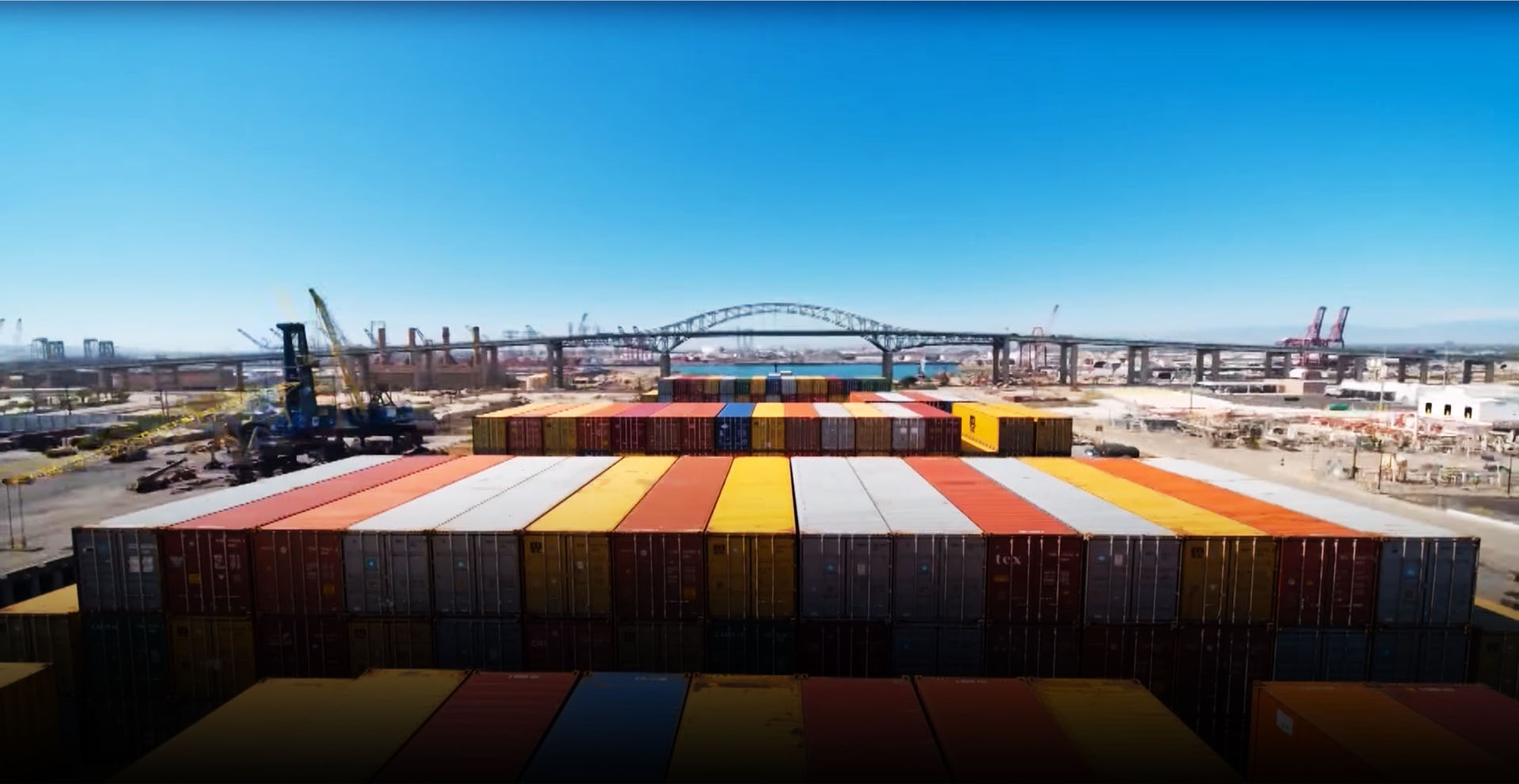Research Projects
Stop the VideoResearch Projects


STATUS: Complete
YEAR: 2022
TOPIC AREA: Connected and autonomous systems Transportation planning, policy, and finance
CENTER: PSR
Dynamic Incentive Design for Transportation Systems with Unknown Value of Time
Project Summary
Project number: PSR-22-18
Funding source: U.S Department of Transportation
Contract number: 69A3551747109
Total cost: $100,000.00
Performance period: 8/15/2022 - 12/31/2023
Publication: https://doi.org/10.25554/xr1s-hz36
Project description
This project aims to:
- Design time-varying payment and pricing scheme to manage congestion during rush hours and during special events, subject to price cap and budget constraint
- Develop a data-driven approach to design payment and pricing schemes when the travelers’ values of time and other relevant parameters are unknown
- Verify the efficacy of the proposed approaches in human subject experiments
- Study the potential impact of connected and automated vehicles on congestion pricing due to effect on bottleneck flow capacity
It is well-known that, in general, user equilibria in traffic systems do not minimize social cost, e.g., average travel time of all travelers. Congestion pricing is a common technique to steer the user choices towards a socially optimal profile. Determination of pricing requires knowledge of travelers’ values of time. There has been an extensive work on determining these values from a survey. Arguably, one could use such estimates to determine optimal pricing. However, the survey-based methods are slow and may not capture the trends in values of time in a timely manner and thereby may lead to incorrect congestion pricing, and hence inefficient transportation system. Moreover, the separation of estimation and pricing is arguably not necessary. In this project, we propose a novel framework to combine the two steps into a single data-driven step. Specifically, we revisit the class of bottleneck problems in the context of congestion pricing and payments, collectively referred to as incentives. Optimal incentive profile is known in some basic cases. We are interested in generalization to common extensions such as heterogeneous drivers, multiple bottlenecks, and multiple modes, but also to practical constraints such as pricing cap and budget constraint for the system planner. We propose an optimal control formulation and provide algorithms for computing optimal incentives for such generalizations. We then use an iterative approach to design optimal incentives with unknown values of time. In each iteration, the (Nash equilibrium) arrival profile, in response to incentives from the previous iteration, is observed and used to update the incentives. These update rules are to be designed so that the iterates converge to the correct values of time. We shall use semi-analytical results about the structure of the optimal incentives for known values of time to design gradient schemes for the update rules. We also shall empirically study the convergence property of human behavior experiments in a simulated environment. Participants will be engaged in repeated scenarios of departure time decisions in presence of incentives on a computer screen. In each iteration, the computer updates the incentives according to the data-driven algorithm. We shall investigate if indeed our estimates converge to the correct values of the time of the participants, where the latter will be assessed based on end of experiment questionnaire.
P.I. NAME & ADDRESS
Ketan SavlaAssistant Professor, Sonny Astani Department of Civil and Environmental Engineering; USC Viterbi School of Engineering
3620 South Vermont Avenue
Kaprielian Hall (KAP) 254ALos Angeles, CA 90089-2531
United States
ksavla@usc.edu















